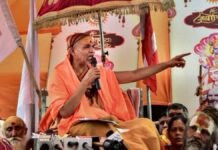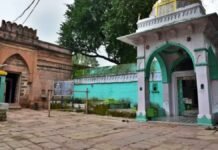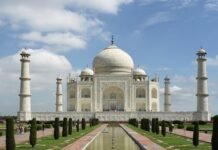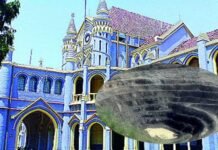
New Delhi: The Archaeological Survey of India (ASI) has released a significant report detailing the findings of a scientific investigation into the Bhojshala-Kamal Maula Masjid complex in Madhya Pradesh’s Dhar district. The study suggests that the current mosque structure stands on the remains of a pre-existing Hindu temple from the Paramara period, a historical era renowned for its literary and educational activities.
Key Findings from the ASI Report:
1. Reused Sanskrit Inscriptions:
Large Sanskrit and Prakrit inscriptions, originally part of the temple, were damaged and reused in the mosque’s construction. These inscriptions were found chiseled and repurposed as floor and wall veneers.
2. Pillars from the Temple:
The investigation revealed that a variety of pillars and pilasters, with distinct sizes and designs from the temple, were repurposed to build the mosque’s colonnades. To achieve the desired height, pillars were often combined, and figures of deities and humans carved on them were mutilated.
3. Hindu Sculptures:
The ASI discovered 94 sculptures and fragments depicting Hindu gods like Ganesha, Brahma, Narasimha, and Bhairava. These sculptures were made from materials like basalt, marble, schist, and sandstone. Many figures were defaced to conform to Islamic iconography prohibitions.
4. Educational Hub:
The site was found to have architectural remains and inscriptions indicating its historical use as a center for literary and educational activities during the Paramara period.
Background of the Dispute:
The ASI survey, which began on March 22, came amidst a longstanding dispute over the site’s religious significance. Hindus claim the site as a temple dedicated to Vagdevi (Saraswati), while Muslims regard it as the Kamal Maula mosque. The Madhya Pradesh High Court has called for a clear understanding of the site’s nature to resolve ongoing conflicts.
Since the early 2000s, right-wing groups have demanded the mosque’s closure and restricted Muslim prayers. In April 2003, the ASI attempted a compromise, allowing Hindus to worship at the site on Tuesdays and Muslims to pray on Fridays. However, a 2022 Public Interest Litigation (PIL) by the Hindu Front for Justice challenged this arrangement, seeking unrestricted Hindu worship, citing historical claims that the Saraswati idol was installed in 1034 AD and later taken to London by the British in 1857.
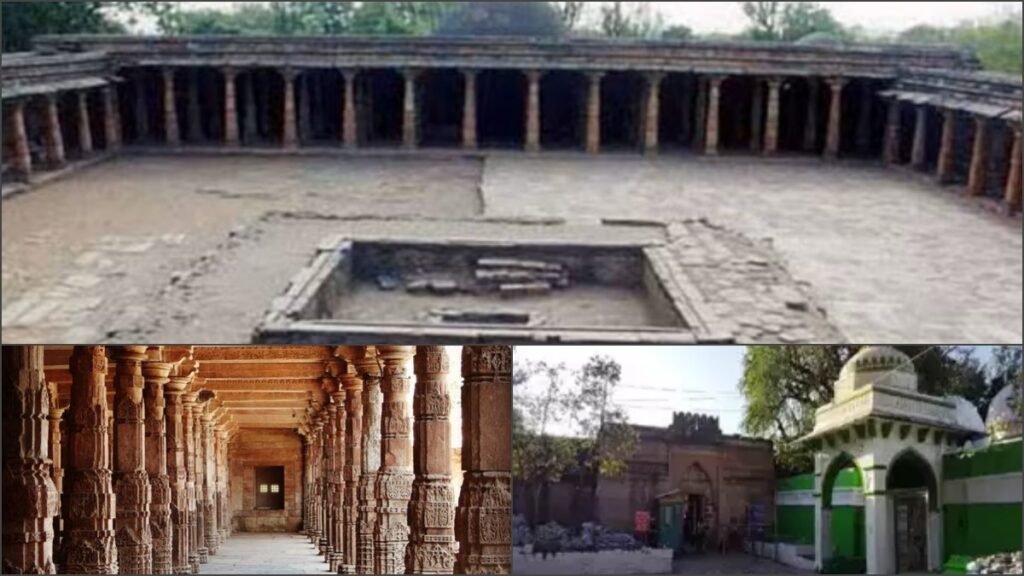
The ASI report sheds new light on the complex history of the Bhojshala-Kamal Maula Masjid site, revealing its origins as a significant Hindu temple. This discovery has profound implications for the ongoing religious dispute, potentially influencing future legal and social resolutions.



